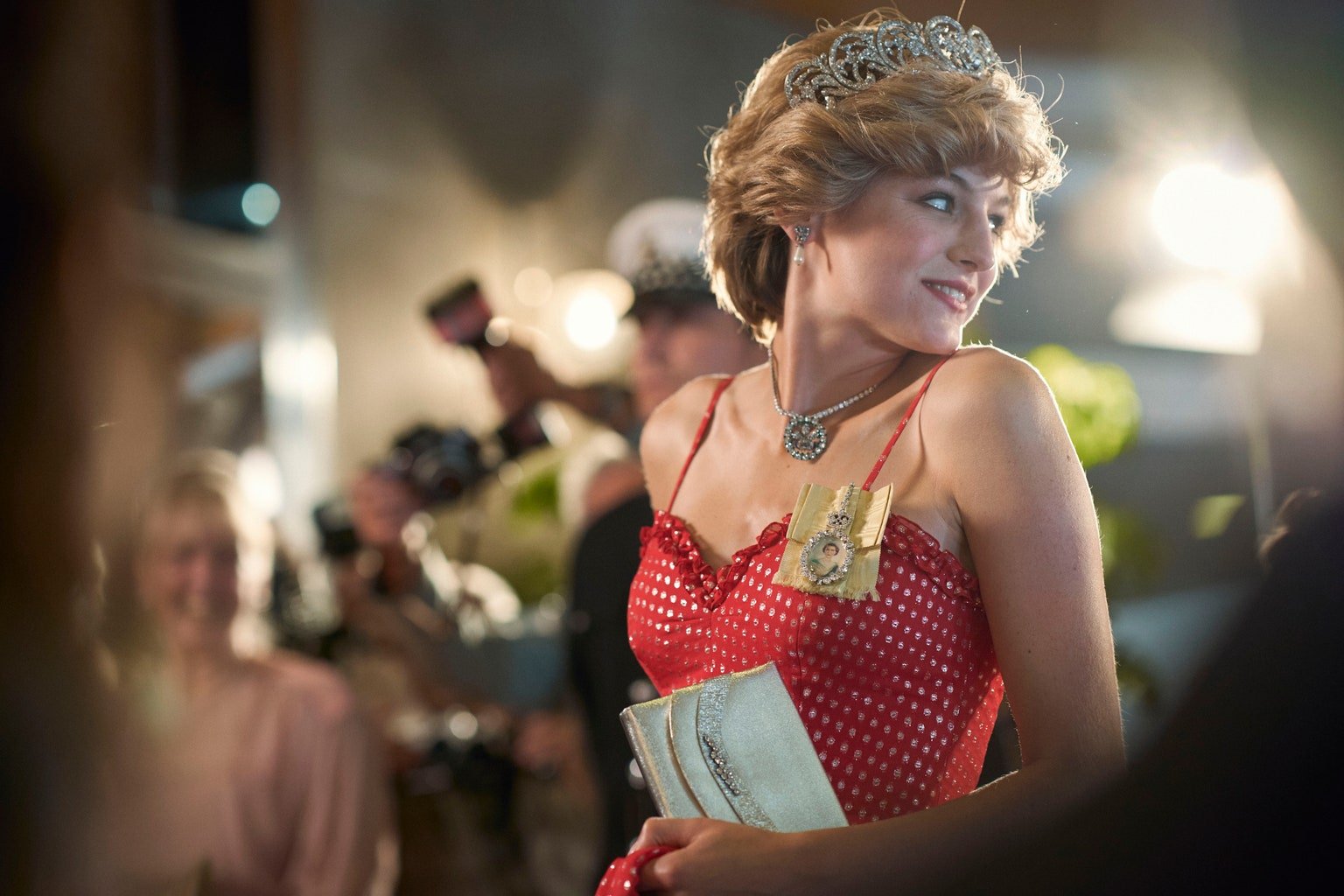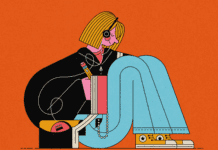I have come to believe that the secret to The Crown’s success is its improbability. So much of what goes on in this new season sounds -and looks- fabricated. Otherwise, how has this level of snobbery, classism, and contempt within the Royal Household managed to survive for so long? Who would be capable of overlooking, encouraging, and putting up with such viciousness? This urgency to discern what is true and what is not looms large over Season 4 of The Crown – a riveting, mostly infuriating construction of the Royal Family’s haughtiness and pretension. This is the first of the four parts that transcends mere suggestions or hints. It goes right at the heart of the mess, taking a soap-opera turn at the expense of much of its solemnity. Admittedly, though, The Crown is as engrossing as it has ever been.
To no one’s surprise, there is the Queen. Olivia Colman is much better -as in less grumpy- this time around. There is Princess Margaret, Prince Philip, Princess Anne, the Queen Mother… all of them. There are also these gorgeous, cinematic, changing Balmoral skies. The Eaton accent. The Prime Minister audiences. The absolutely masterful Martin Phipps score. The gowns, the crowns, the gardens, the arrogance, the sheer excess of it all.
And then there’s Diana. Played to absolute perfection by Emma Corrin, she has the restrained look, the innocence, the confusion and the grace so characteristic of the late Princess. Corrin does not imitate but inhabits Diana’s adversarial nature, from her initial ambivalence and quest for acceptance to the eventual realization that she must either bend or break. Though sure to be divisive (some will be thrown off by the unapologetic references to her bulimia and capriciousness), this might very well be the best Diana portrayal to date. Corrin is able to capture every breath of deep, deep unhappiness. She is the absolute star of the season.
Charles Moore, Margaret Thatcher’s only authorized biographer recently described her portrayal in The Crown as “the most convincing” he has ever seen. It is hard to best against such praise. As charismatic as Gillian Anderson’s turn as Thatcher might be, I came away with the feeling that so much was left out; that the portrayal of the longest-serving prime minister since Churchill was somewhat lacking. I would not quite describe Anderson as perfect here. She has the contentiousness, the drive and the authority. She conveys the strangely affecting attachment to her lower middle class background, and succeeds in building not an aversion to privilege, but the touching vindication of meritocracy of a woman who managed to outperform all gray-haired, patronizing men around her. Still, many times it got lost for me in the overdone rasping of the voice. Plus, there is no mention of the Cold War, of her support for the Solidarity movement helmed by Lech Walesa, of the booming results of her economic policy or the political affair with Ronald Reagan. Perhaps they assumed we know her all to well, so they thought it better to omit any on-the-nose reference. But the life of such a tremendous woman was deserving of much closer attention, at least for an admirer of perhaps not Thatcher the politician but Thatcher the trailblazer.
What is true and what is mockery, we will never know. At one point towards the end of the season, Prince Charles declares they are “a difficult bunch”. I say that’s yet another example of British understatement. But one thing no one can deny: The fourth installment bursts the fairytale bubble. You can bet we are in for a long PR fight, as season 5 hints at more royal drama than ever in the history of this gem of a show.










